The following is an essay I wrote for the Community of St. Mary Southern Provence Newsletter, in which I share a bit of the back story in how I have found myself in discernment to be an Oblate in their community.
“Ultimately it is the land and what it knows that sustains life; and it was to the land that we had to take our children before it was too late.” – Phyllis Tickle, from the prologue of her The Farm in Lucy series.
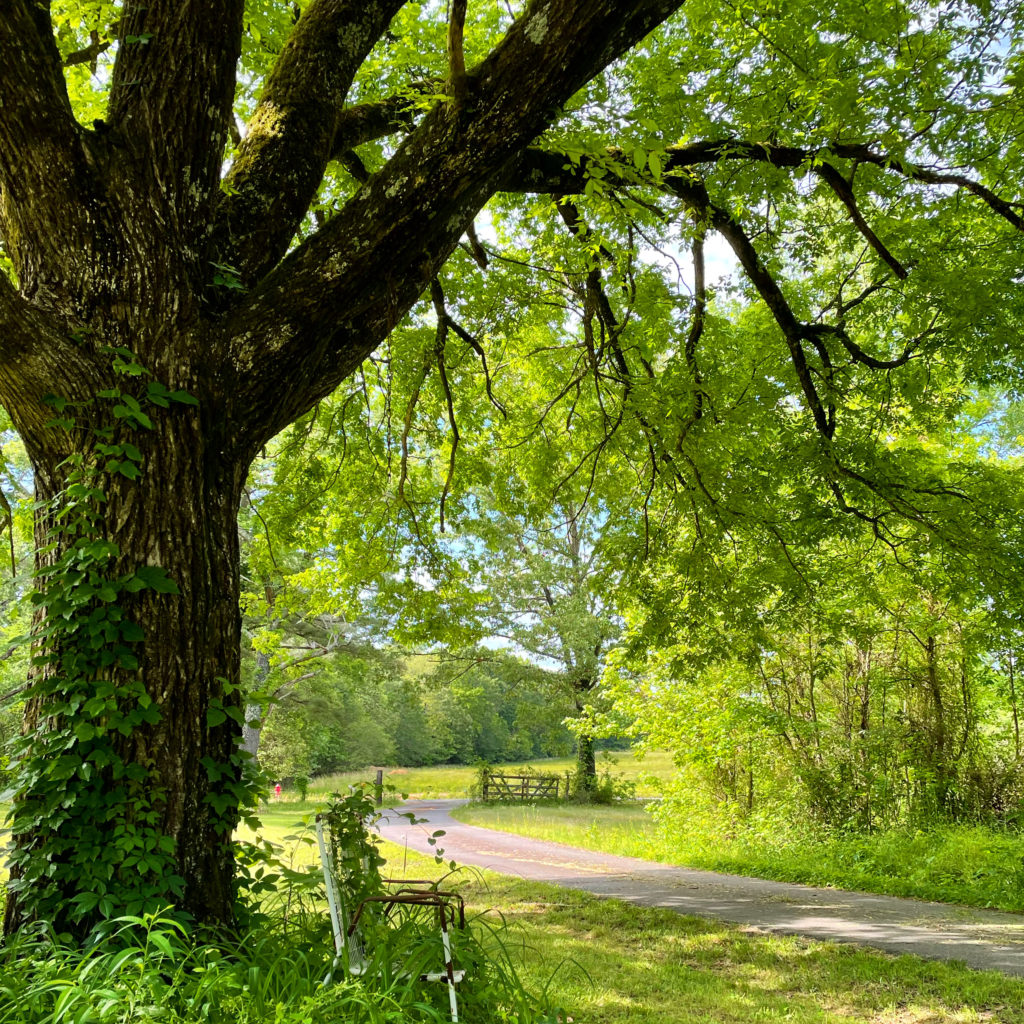
15 years ago this sentence changed my life. This sentence is still changing my life today. And this sentence led me to the Community of St. Mary Southern Province.
This sentence appears in each of the prologues for The Farm in Lucy series by the late and great Phyllis Tickle, and every time I read those books and that sentence I would cry, a river of tears streaming down my face uncontrollably. And I had no idea why.
Years later, in a conversation with a friend about how she knew it was time to pursue her calling to be an Episcopal priest, she mentioned that the fact that she cried at every ordination service she attended was a bit of a tip-off that her time had come to follow suit. I have never cried in an ordination service (though I have sat and waited to see if I would) but the half a dozen or so times I would read Phyllis’ prologue (and I read these books seasonally) the waterworks were turned on and my heart felts as if it would come out of my body with longing. The only explanation that has ever made sense of those tears is this: Those books, and in particular that prologue, awoke a desire in me that I never even knew I had. A lightswitch had been flipped in a previously undiscovered room of my heart, and a longing for something I didn’t understand, – for a life for which I had no context, for a way of being in the world for which I had almost no vocabulary,- began pulsing through my heart.
A conversion had begun. We – my family and I – were being called to the land, not so we could escape the world, but instead so that we could be more fully engaged with the very terra firma that sustains us, putting our hands and hearts into the soil in order that we might not seek to change it, but to be changed by it. And so to the land we had to go. And more importantly, for this story – to the land I had to go.
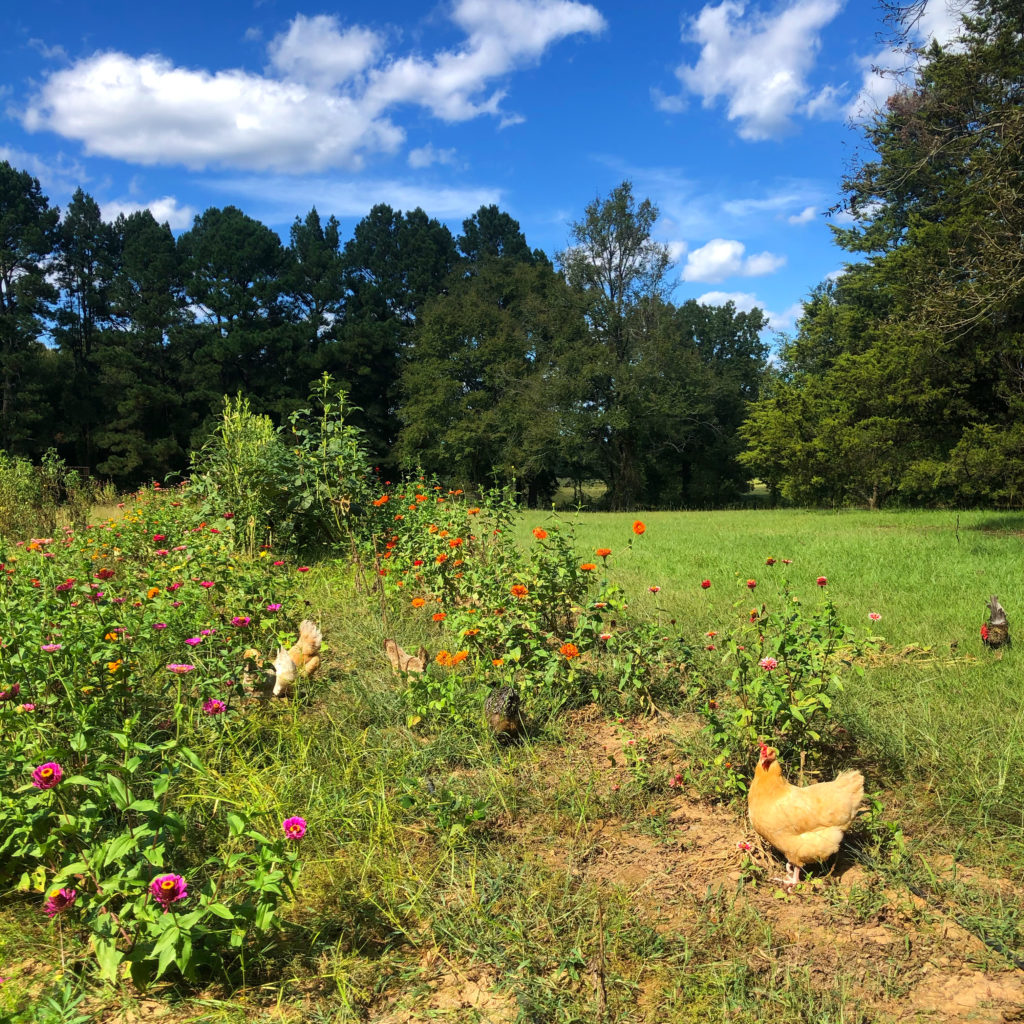
Of course, as is typical of callings, it took longer than we expected – a farm didn’t just manifest itself overnight. It would take a full decade for us to make our way from the city to the country, and in the interim, unsure if that call was real, I would write an entire book about our families experiment in living the Benedictine vows of Stability, Obedience, and Conversion of life through the lens of Jeremiah 29:4-14, – right where we were, instead of where we longed to be.
And then, suddenly, it all changed. A decade after my tears first landed on Phyllis’s words, we found ourselves with a mortgage for a house, an outbuilding, a pond and 8 acres in rural Arkansas, on a small farm we call Preservation Acres.
Over the past seven years we have learned a lot about each other, about God’s work in us and in the world, and about what it means to love our neighbors -animal, mineral, vegetable – as ourselves. We have made mistakes, and we have accomplished more than we probably realize. And we have shared our farm with others as we are able. But through it all one question has continued to nag me, what I call a “Holy Spirit itch”. “How is the deep call that I know in my soul, that pulled me to this life, meant to be manifested in the world?” How is my call to ministry, and my call to the farm connected, how are they to be woven and embodied together?”
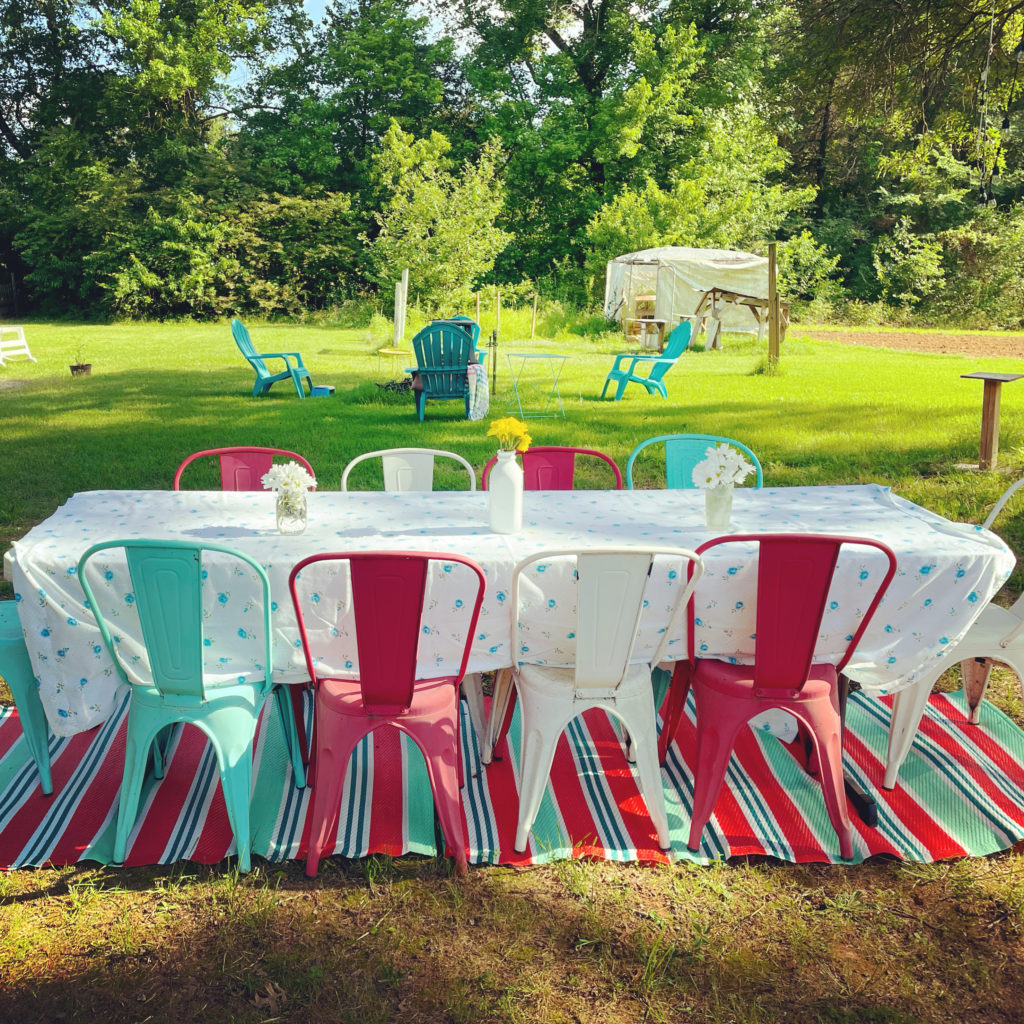
As this core question grew louder and louder, and the itch became more and more persistent, I began searching for the path that would provide the answers. Did I need to deepen my theological training? Undergird my career in ministry more formally somehow? Was the priesthood the way forward? The deaconate? Seminary? What about a master’s program in leadership, theology, Anglican studies? And if so, which one?
In an attempt to find my path, I was accepted into one divinity school, and completed a nine-month creation care certificate through another, but neither scratched the itch exactly.
And then, within a timespan of ten days towards the end of that certificate program, I was reminded of Benedict, and my connection to, and affection for, his Rule, three separate times. At each of these three occurrences, when this part of myself I had left dormant for several years was reflected back to me, my spirit leapt for joy. And I wondered, could this be the way forward? Could my Holy Spirit itch be a desire to deepen my vocation, not advance my career?
Years ago, when my children were little, I remembered reading a Kathleen Norris book in which she mentioned her journey to become an Oblate. At the time my stage of life was such that I could not conceive of adding one more thing to my plate, but now… Well, now my children are young adults, my job is very different from the one I had in those early days, and it has space built in for things like continuing formation, and travel.
So, I began to research Oblate opportunities. And I knew three things for certain: I desired to be a part of a community of sisters (no shade to the Brothers, but I live in a house of men and that is plenty,) I desired a monastic order within The Episcopal Church, and I desired a robust process. I had a hunger to learn, a thirst to be formed – I wanted to submit to a season of intentional discipleship. And underneath it all – but dared not hope – I desired a connection to the land.
With the same burst of energy as our arrival at the farm seven years ago, I suddenly found myself on the virtual front stoop of the Community of St. Mary’s Southern Province. A community whose geographical location was situated at one of those “thin places” in my life – on the domain at Sewanee. And there, on their front page was something called an Organic Prayer Program, which had something to do with prayer and planting. There, in the history, a connection to St. Mary’s Cathedral in Memphis – the very place I first met Phyllis Tickle, and would later attend her funeral. There, under the tab “Join” was a two-year oblation formation process, filled with books and reflection, prayer and community. And there was Benedict. Blessed Benedict, and his rule, being lived out on a farm. A farm with fruit trees and lavender fields, where the sisters made jams and jellies and other items from their bounty. Where people come to rest and restore, learn and pray, plant and harvest.
“The Oblates of the Community of St. Mary, Southern Province, make up an auxiliary body of the Community. Oblates live as lay extensions of the Community. Our Oblates serve the Community by broadening its ministry and representing it in places and ways that the Community desires. They live in the world, following an interpretation of the Benedictine Rule and the values it expresses that is consistent with their life situation.”
Reading those words on the website, my heart leapt again, and the tears fell.
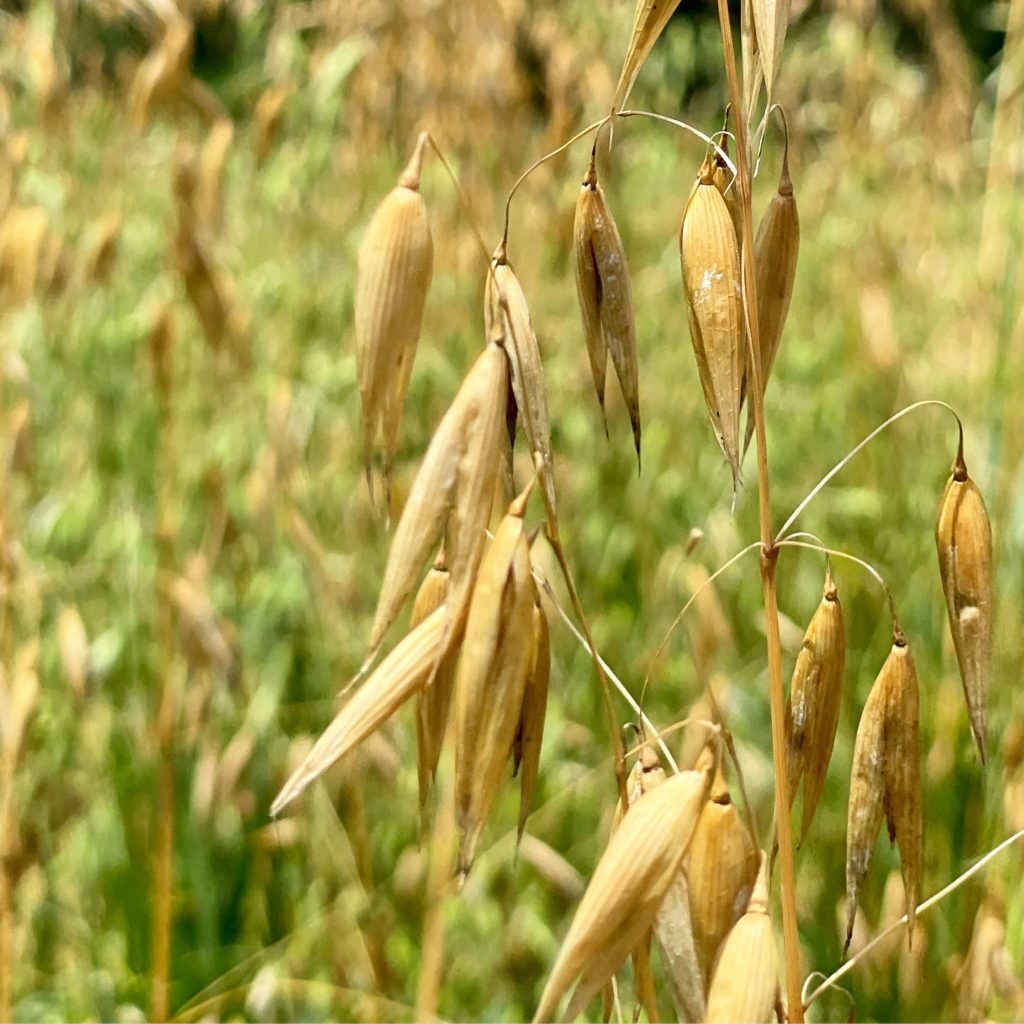
Was it possible that I, and our farm, could be an extension of the Community? Could my work in lay ministry, and the work of Preservation Acres, both be a sort of satellite location of St. Mary’s Southern Province out in the world? Could my call to ministry and my call to the land find rest and new life in this expression? Could this be my vocation?
With shaky hands I sent Sr. Madeline Mary an email, indicating my interest in the Oblate program, praying that I would be accepted. And thankfully, gratefully, I am happy to report that I was, and I have begun the process (rather clumsily at times, but isn’t that how any practice begins- badly?) of discerning my call to be an Oblate of CSM.
This story is both 15 years, and 15 months in the making. It is a beginning, and a middle, and maybe even an ending (maybe that itch?) It is a story about calling, and hopefully also about listening, and I also think it is a story about wholeness. But that is for another essay.
My hope is to share a bit of this Oblate journey here on this old dusty blog, to share a bit of my experience and what I am learning, both as a record for myself, but also as witness to this vocation, this way of living intentionally in the world.
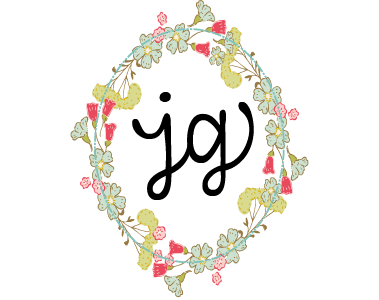

I remembered your sharing some of this in our class. It’s amazing how perspective can change how you view that persistent, as you put it “itch” or tug or call that never quite feels completely fulfilled. Here’s to the journey forward in joyful expectation.
I am interested in learning more about the oblates program in Suwanee Tennessee. I have spoken with my parish priest and he encouraged me to seek more information.